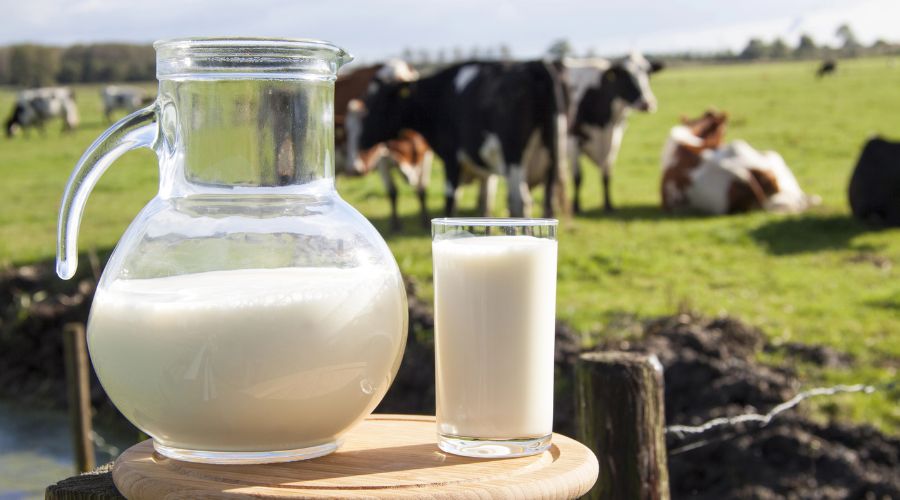Scientists claim that an extra glass of milk can reduce bowel cancer risk
18th January 2025
According to a large UK study, an equivalent to a glass of milk a day can help reduce their risk of bowel cancer.

While it is common knowledge that calcium is important for strong bones and teeth, could it also help decrease the risk of bowel cancer?
According to new research funded by Cancer Research UK, consuming an additional 300 mg of calcium (an equivalent of a large glass of milk) a day could be linked to decreasing the risk of bowel cancer by 17%.
Researchers from the University of Oxford have published the largest single study of diet and bowel cancer to date, using data from more than 500,000 women to investigate the link between 97 dietary products and nutrients and bowel cancer risk over an average time of 16 years.
Dr Keren Papier, lead researcher of the study, explained: “This is the most comprehensive single study ever conducted into the relationship between diet and bowel cancer, and it highlights the potential protective role of calcium in the development of this disease.”
The study revealed that consuming foods rich in calcium, like milk and yoghurt, was linked to a lower risk of developing bowel cancer. This was also true for non-dairy calcium sources, like dark green leafy vegetables.
De Papier continued: “We have some idea on why calcium has this effect,” said Papier. “It’s suggested that calcium might protect against bowel cancer by binding to bile acids and free fatty acids to form a type of harmless ‘soap’, which stops them from damaging the lining of our gut.”
This ‘soap’ effect helps these bile and fatty acids to be swept out of the gut like a ‘spring clean’ so they cannot build up and so are less likely to cause damage.
Added calcium
The study found that most women participating were consuming above the recommended level of calcium (over 700mg). But for some, this might be from having added calcium supplementation in their food.
Added calcium can be found in products like bread or certain vegan products (e.g. plant milks). But more research is needed into whether calcium supplements and calcium-fortified foods have the same effect on reducing bowel cancer risk.
“We couldn’t look at the association between taking calcium supplements and bowel cancer risk in this study.
“Given the widespread use of calcium supplements, future studies should investigate the role of calcium supplements in the prevention of bowel cancer in diverse populations,” Dr Papier added.
Food linked to bowel cancer
Cancer Research UK said that there are around 44,100 cases of bowel cancer every year in the UK, making it the fourth most common cancer. However, more than five in 10 cases of bowel cancer are preventable.
Diet and cancer can be tricky to map, but there are some clear links between certain dietary products and cancer risk.
Dr Papier’s study also confirms the clear link between alcohol consumption and higher bowel cancer risk. Drinking an additional 20g of alcohol a day, equivalent to a large glass of wine, was found to increase bowel cancer risk by 15%.
Sophia Lowes, Cancer Research UK’s senior health information manager, added: “Bowel cancer is one of the most common cancers affecting people in the UK, which is why it’s so vital that we know how to prevent it.
“Alongside keeping a healthy weight and stopping smoking, maintaining a healthy, balanced diet is one of the best ways to lower your risk of bowel cancer. This includes cutting down on alcohol and red and processed meat, and eating lots of fruit, vegetables, and wholegrains.
“Dairy products like milk can also be part of a diet which reduces bowel cancer risk.”
It is still too early to say whether increasing calcium levels is recommended for everyone.
Dr Papier and her team want to look further into calcium’s role in bowel cancer prevention in different populations with diverse diets to understand how it can be best utilised to help prevent the disease.
Read more research news.


